The Terror Of Light
I like dark, brooding sci-fi films such as 2001: A Space Odyssey, Europa Report, Solaris, Pandorum, Moon, etc. Movies like these hum with a deep, disturbing energy, churning slowly through the vastness of space while flaying open the fragile human psyche. This is in fact one reason I didn’t enjoy The Martian as much as I wanted to: there was hardly any emotional depth to Mark Watney’s plight. He almost seemed to be enjoying his lonely years on Mars, handily fixing one problem before moving to the next. He spent the same amount of time on an alien planet as Tom Hanks spent on the island in Castaway, though Tom Hanks’ mental state was in tatters by the time he was rescued. I guess Watney was just too full of can-do American spirit to get bogged down in emotional turmoil.
One of my favorite psychological space thrillers is Danny Boyle’s Sunshine. The premise of the movie is simple (and scientifically shaky): in the near future, the sun is dying, plunging the Earth into a new Ice Age. A diverse crew jumps on a ship called the Icarus II and flies directly towards the sun to deliver the biggest bomb ever made right into the solar center, theoretically reigniting the fusion process and warming the Earth back to life-sustaining temperatures again. As with films like Trainspotting, The Beach, and 28 Days Later, Boyle undercuts everything with a razor-sharp edge of madness, which is easy to accept since the crew of the Icarus II (there was an Icarus I that met with misfortune) are flying straight towards a boiling nuclear fireball. The ship has mechanisms that should allow the crew to get out of harm’s way once the bomb is sent on the proper trajectory, but we know from the beginning that not many are going to make it out of this alive. During the journey, tempers flare, fatal mistakes are made, and things eventually go totally off the rails.
What makes this film such a treat are the striking visuals of the sun. For such a dark film, this movie is extremely bright. A scene where the planet Mercury does a fly-by is jaw-dropping, and some close-up views of the sun seem downright hellish. There is a room on the Icarus II where the crew can sit and look at the sun, though the window darkens the sunlight to a tiny fraction of its true strength. Even at 3% brightness, one crew member is left breathless and shaken by the sun’s power.
This and other moments of solar fury affect the crew members with an almost religious terror and awe. The sun is a monstrous, infernal entity that eagerly awaits their arrival in order to swallow them up. There are only a handful of scenes in the movie where we see the other stars in the deep blackness of space. For those on board the Icarus II, the sun fills up their universe with its blinding light. The shield that protects the ship and its payload is the size of a city and is mercilessly assaulted by sunlight and radiation. The crew know that at any moment, they could be vaporized.
When I watch this movie, I get an inkling of how terrifying God’s righteousness would be to our frail eyes and souls. To witness His glory would mean utter devastation, and I get the feeling that the moment before we dissolve wouldn’t be particularly pleasant. We wouldn’t have giant smiles on our faces and eyes wide with joy; our hearts would wither in our chests as our faces melted from our skulls. God’s holiness is absolutely terrifying to us as mortal, sinful creatures. Our bodies would disintegrate and our souls would shrivel. Experiencing the power and glory of the perfect Being who created the universe with mere words would not be a rapturous moment.
Yet it would be the greatest moment we could ever wish for. I don’t know about you, but I would gladly surrender myself to a soul-shattering death if it meant that I could be in the presence of God. What on Earth could compare to the blinding light of pure holiness? The blazing power of the sun would seem like darkness compared to the light of God’s glory. With Sunshine, I get just the barest taste of what such a moment might be like, and it makes me look forward to the day when that moment becomes truth.
































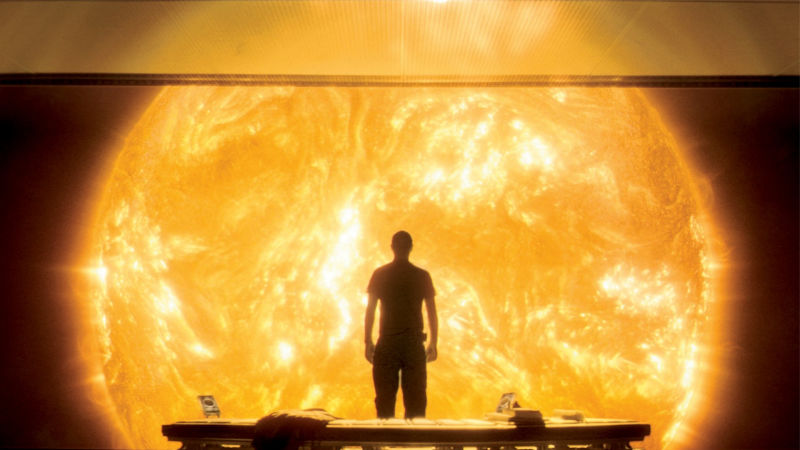

 If you read fiction, this post is for you.
If you read fiction, this post is for you. As writers, we pour our heart and soul into our work. Itâs only natural we find gratification in being rewarded. The best way you can do that is by buying books, but I think a close second is by letting an author know how much a book entertained or impacted you.
As writers, we pour our heart and soul into our work. Itâs only natural we find gratification in being rewarded. The best way you can do that is by buying books, but I think a close second is by letting an author know how much a book entertained or impacted you. Iâm part of a couple fan-based groups on Facebook, and those give me plenty of opportunities to put this idea into action. If Iâm honest, I havenât done a great job, but you donât have the chance unless you actually get involved.
Iâm part of a couple fan-based groups on Facebook, and those give me plenty of opportunities to put this idea into action. If Iâm honest, I havenât done a great job, but you donât have the chance unless you actually get involved.

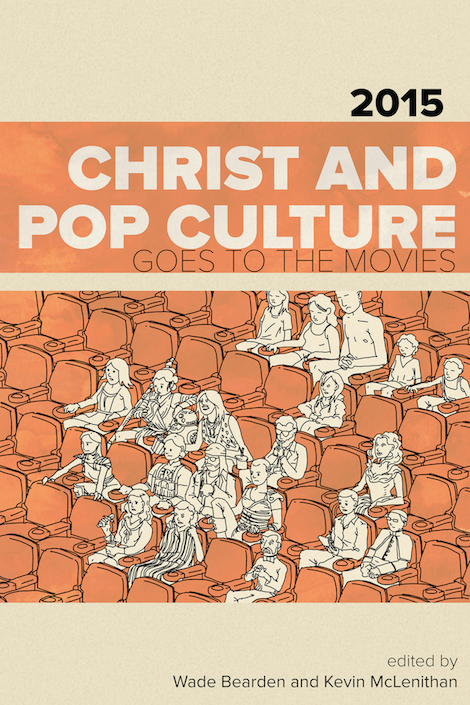

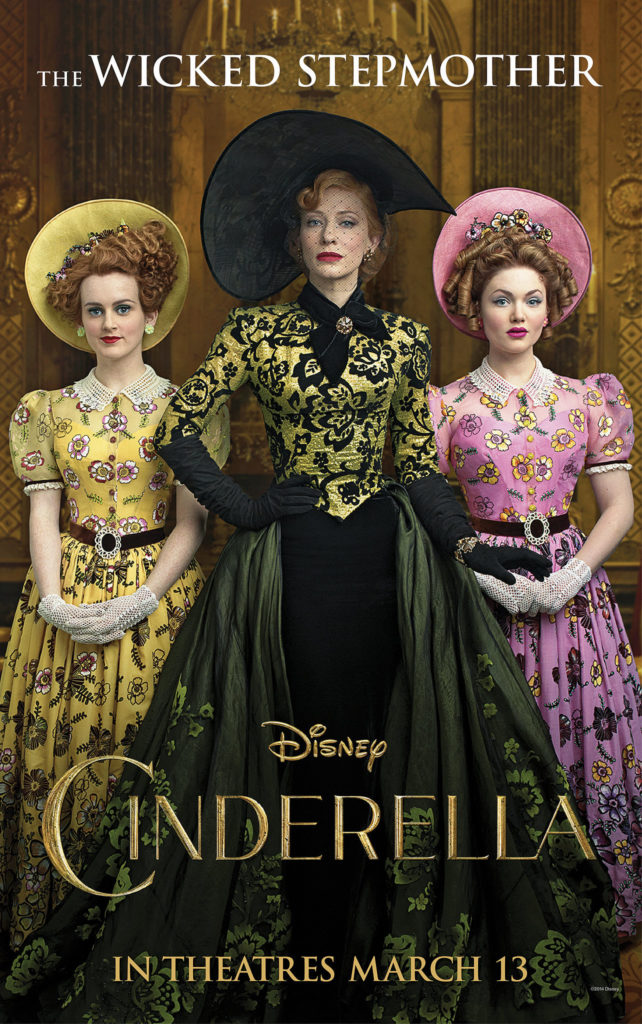 Readers will find 15 articles by 15 different writers about 15 films from 2015, including Star Wars: The Force Awakens, Mad Max: Fury Road, and It Follows.
Readers will find 15 articles by 15 different writers about 15 films from 2015, including Star Wars: The Force Awakens, Mad Max: Fury Road, and It Follows.
 Are we stupid and illogical if we enjoy stories that arenât real?
Are we stupid and illogical if we enjoy stories that arenât real? Everywhere we turn, we come across impossible elements, yet the majority of the time we accept them without a second thought. Why is that? Why doesnât reason win out and rid the world of anything even hinting at a touch of the unbelievable?
Everywhere we turn, we come across impossible elements, yet the majority of the time we accept them without a second thought. Why is that? Why doesnât reason win out and rid the world of anything even hinting at a touch of the unbelievable?
 Congratulations to our 2016 Winter Writing Challenge winner: Michael Rogers. I’ll be contacting him privately to arrange his gift card from either Amazon or B&N.
Congratulations to our 2016 Winter Writing Challenge winner: Michael Rogers. I’ll be contacting him privately to arrange his gift card from either Amazon or B&N.



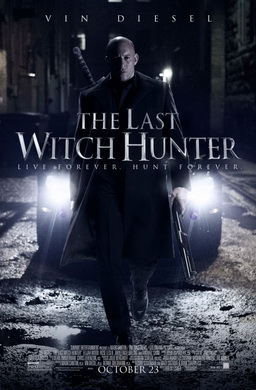
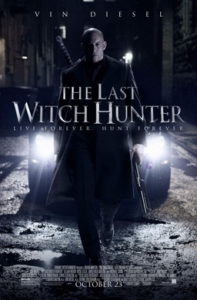 you haven’t heard of it, Vin Diesel plays a medieval witch hunter who slaughters a fiery witch who is responsible for the Black Plague, but just before she dies, she “curses” him with immortality. Cut to present day where he’s a lonely, jaded man (being assisted by Michael Caine, no less!) when all of a sudden, the witch rises again. Predictable CGI action abounds, though there are a few twists and turns as well. All in all, it’s a decent film, worth the $1.50 rental.
you haven’t heard of it, Vin Diesel plays a medieval witch hunter who slaughters a fiery witch who is responsible for the Black Plague, but just before she dies, she “curses” him with immortality. Cut to present day where he’s a lonely, jaded man (being assisted by Michael Caine, no less!) when all of a sudden, the witch rises again. Predictable CGI action abounds, though there are a few twists and turns as well. All in all, it’s a decent film, worth the $1.50 rental. pond. Solomon Kane is a character created by Edgar Rice Burroughs, the father of Tarzan of the Apes and John Carter of Mars. I’ve never read the books, but the movie has a similar tone to The Last Witch Hunter and centers around a dejected man in the 17th century trying to run from his past while dispatching demonic bad guys along the way. As an aside, this is one of my favorite Gothic action films and had a strong influence on my early writings.
pond. Solomon Kane is a character created by Edgar Rice Burroughs, the father of Tarzan of the Apes and John Carter of Mars. I’ve never read the books, but the movie has a similar tone to The Last Witch Hunter and centers around a dejected man in the 17th century trying to run from his past while dispatching demonic bad guys along the way. As an aside, this is one of my favorite Gothic action films and had a strong influence on my early writings.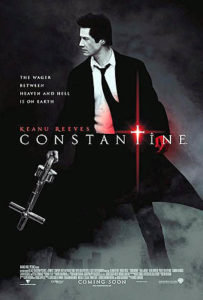 ne to combat the effects of vampirism, but he also has a tremendous amount of faith that God’s light would overpower Satan’s darkness.
ne to combat the effects of vampirism, but he also has a tremendous amount of faith that God’s light would overpower Satan’s darkness.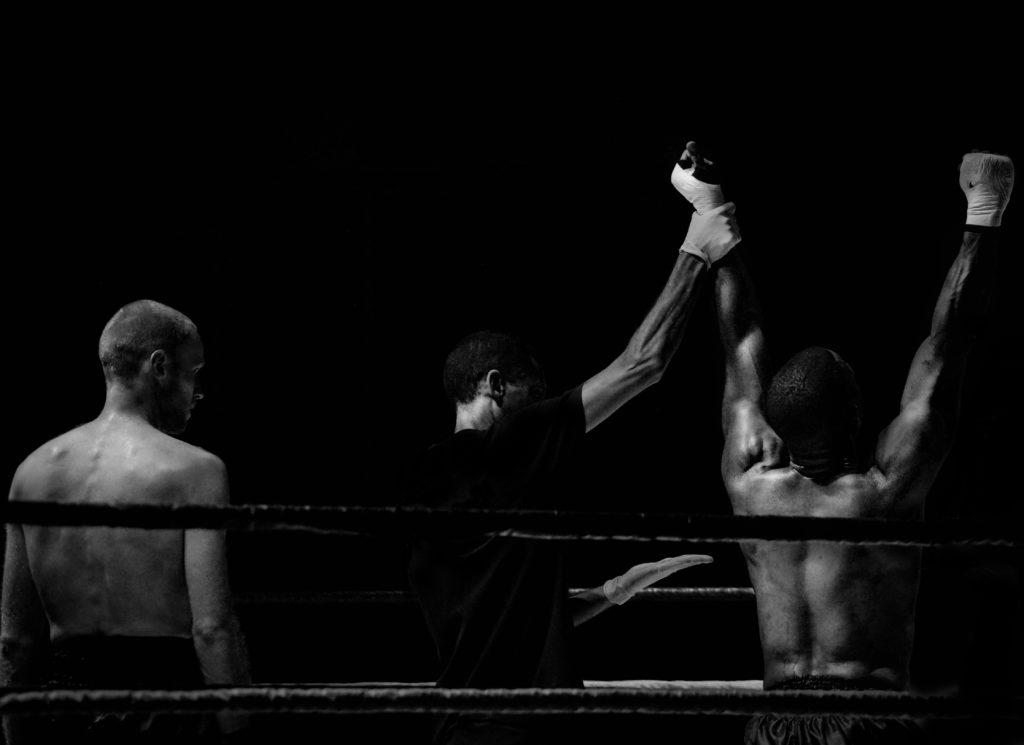
 Everyone loves an underdog.
Everyone loves an underdog. Itâs impossible not to side with the weaker ones, the ones who seem destined for defeat. The sense of satisfaction we have when they finally break through is one of the most powerful feelings we can experience. Weâve cried with them. Weâve urged them not to give in.
Itâs impossible not to side with the weaker ones, the ones who seem destined for defeat. The sense of satisfaction we have when they finally break through is one of the most powerful feelings we can experience. Weâve cried with them. Weâve urged them not to give in.


